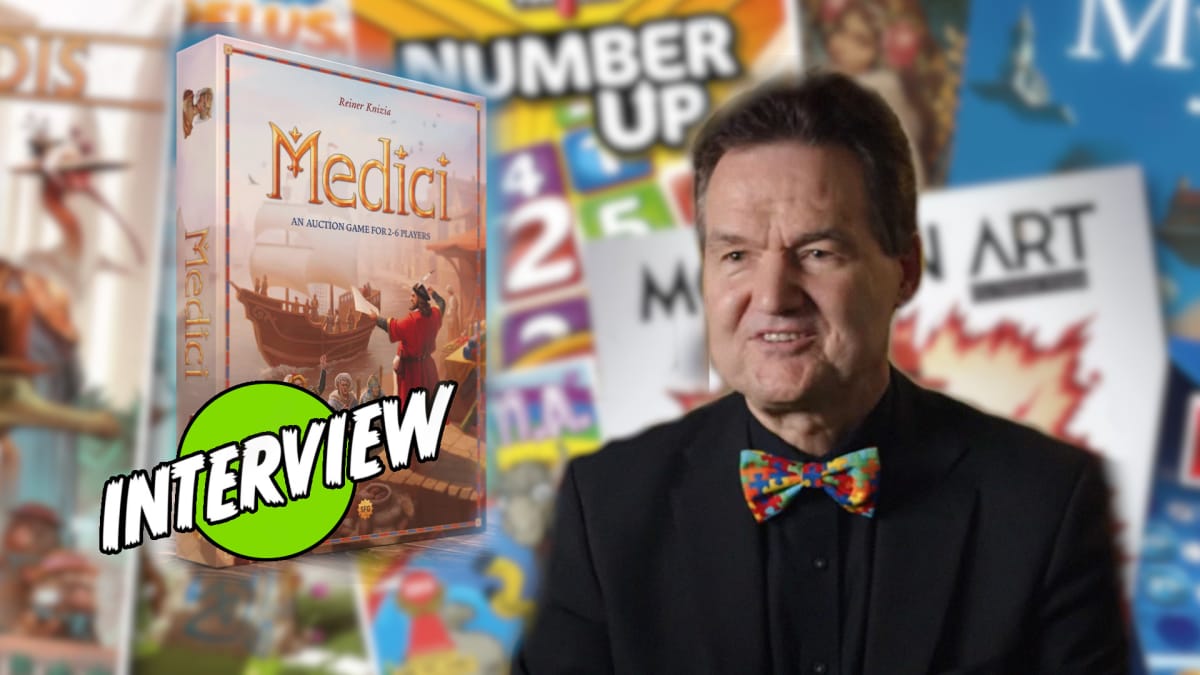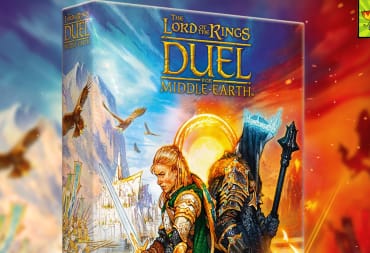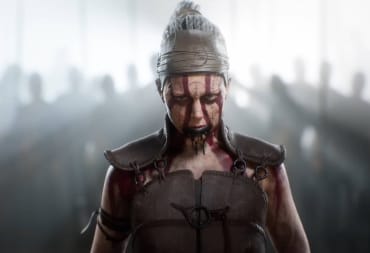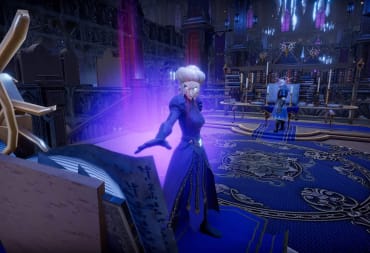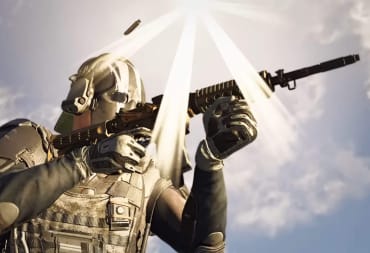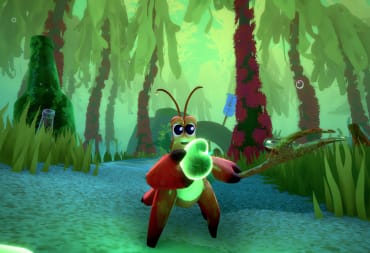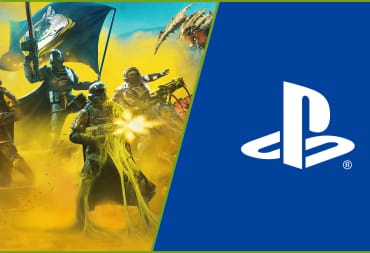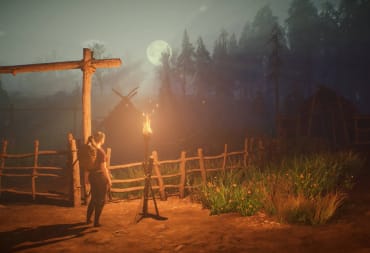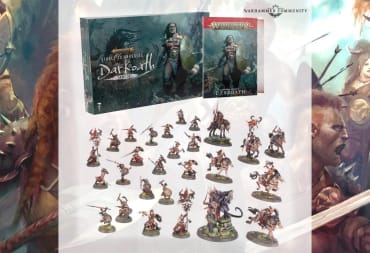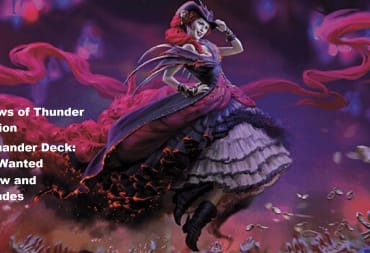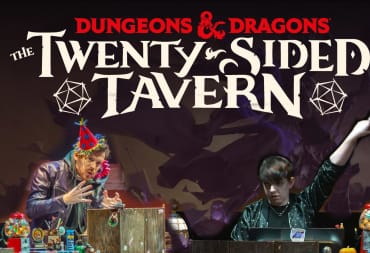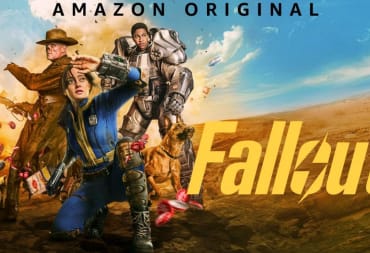There's a lot that goes into the creation of a board game, much of which is often kept behind the scenes.Last week, however, we had a chance to peek behind the curtain via our talk with the one and only Reiner Knizia. A board game designer who many would credit as one of the best, Knizia spoke to us about the recent re-release of 90s auction board game Medici, as well as board game designing, and what goes into working with established IP.
Reiner Knizia is a game designer that published his first two works, Gold Digger and Desperados, in 1990 and has since "designed more than 800 during my creative period, they are published all over the world in 2000 different editions. That's what fascinates me, that's what gives me energy, and I'm always trying to do the next game even better than anything before it."
Medici Is Back From The 1990s
A new edition of Medici is now available, published by Steamforged Games. "Medici was originally published in 1995 so it is one of our classic games and it has seen many editions and I was very happy Steamforged picked it up for a new global release," Knizia explained "Of course the challenge is what new can we offer?"
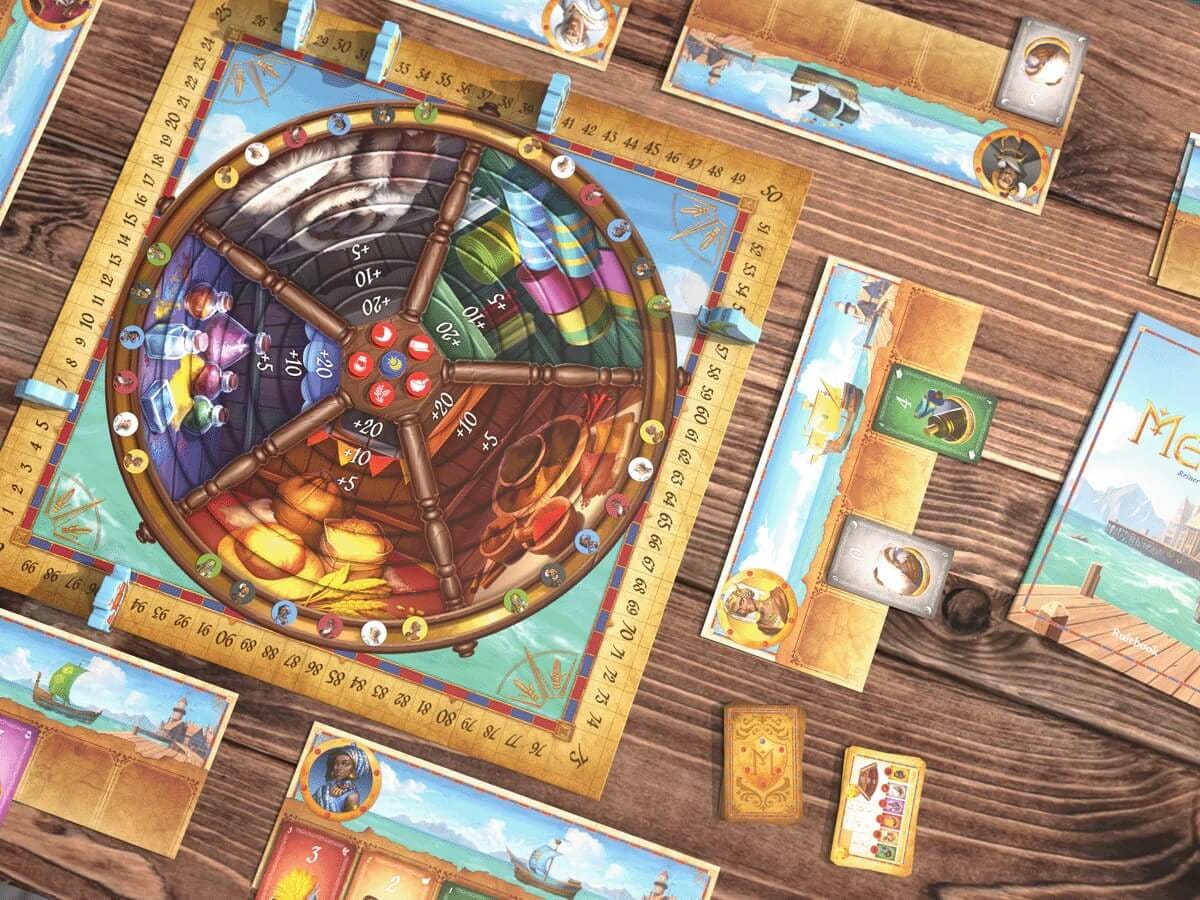
This new edition by Steamforged comes with an array of visual enhancements "the wooden pieces are all printed with multiple colors with icons and pictures on them. [They] had the wooden pieces and then chip printed onto that."
While this is the first game that Knizia has worked with Steamforged on, they will also be helping with the rest of the Medici family of games; Medici: The Card Game and Medici: The Dice Game.
I wanted to understand from Knizia what he considers when looking at games for potential re-releases. "There are some games which had their time, and time moves on and people have different expectations and therefore if they had their time it's fine and we don't have to press them back into the market."
"If you believe in a brand then it usually becomes a family of games" Knizia spoke referencing the Medici family of games "Different games promote each other, they cross-fertilize each other, and they give fans different opportunities and rules into that family."
With respect to re-releases when sales go down and a publisher stops selling a game "in a friendly manner we get the rights back, and then we let it rest a little bit. That means there will be new players and the game will not be available for a while and that then helps the game for a restart, and then we want to give it something new."
Knizia did highlight that it's important when looking to release new editions that you aren't just finding the publisher that's right for you, but if there's a family of games in the line that the publisher is willing to support them all.
A New Medici Game
"I'm not sure if I'm allowed to say it but I'll say it anyway, there will be a new unpublished family member of Medici coming as well. It's a little bit upmarket and a little bit more sophisticated." Knizia revealed "It's just maybe a challenge for those people who want to go a bit deeper without taking it over the top"
Fans of the original Medici who are looking for a more in-depth experience should definitely be on the lookout in the horizon.
Changes In Board Game Design Over The Last Thirty Years
Being in the Game Design and Publishing space I wanted to know what changes Knizia had seen over the past thirty years. He immediately responded with "it has become a more global industry." Taking a moment to clarify he explained he was not referring to the supply chain or shipping aspects of crating a board game.
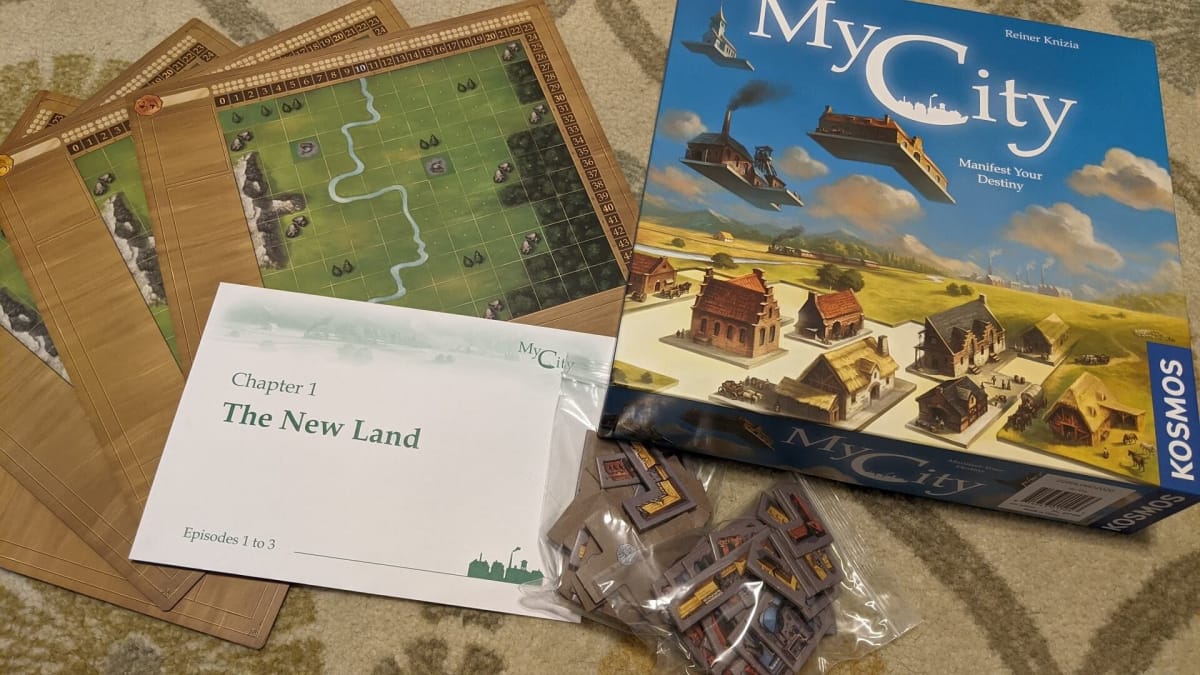
"I am more talking about the much wider network of publishers, we don't really have individual publishers operating in a single market. Publishers have established a network where they cross publish, when one publisher has a design they will talk to the network who would then localize the game and then [the game] would get a bigger push throughout the world."
Crowdfunding was also a major difference that Knizia cited "it is particularly important for the classic games to make a particularly wonderful deluxe edition because through crowdfunding you can have higher prices with wonderful components."
"When I started designing there was no desktop publishing," Knizia reminisced "I had little rubber stamps or would illustrate my prototypes. It was the stone age. We can also talk about the digital world, which is not the topic here, but there are windfall opportunities if you take current games to digital outlets."
Knizia joked about times he has heard of players of video games learning that there's a board game version of their game, "sometimes not even realizing that that's the origin of the digital game."
Not just the resources to create a game but Knizia also highlighted that what players are after in a game also have changed over the decades. "People expect different things from the games, they expect the games to be relevant and really exciting for them still. [...] You cannot rest on laurels from the 90s, you need to be clear of what's up to date, what the players expect."
How Reiner Knizia Approaches Creating Games
Knizia has a Curse of the Ideas he likes to joke about "I don't have a designer block, I have too many ideas." He credits his overflowing ideas to his experience as well as the ability to know when a design is strong and when one might not be.
"The idea is only the starting point, the development process in making a game, giving it enough meat and making it powerful enough, and then playtesting and finetuning it is a lot of work but a lot of fun"
"Generating many ideas is one thing, but then bringing these ideas to light in a 'perfect' game [...] is the real challenge and there's no point in starting lots of ideas and then not bringing them out to the world" Knizia explained of his mentality
Talking on the games that he's had design ideas about that haven't made it all the way to publishing Knizia made a comment about them being like children. Each idea that didn't seem like it would work would get revisited after some time but if it still didn't look like it would work out then he would let the idea go. "Killing your 'children' is a hard thing, but when they simply fade out it's much better."
Creating For Established IP
Knowing that throughout Knizia's immense career he has worked on games of his own design, such as My City, but that he's also created games for well known brands and franchises I wanted to hear how his process differed.
Knizia laughed and explained that as more games are released and the market becomes more competitive there are still publishers that say "We want a game that stands out from everything else".
"Strong IPs are not the key and miracle to everything," Knizia continued "Strong IP means that you have high guarantees [...] then the question is 'how much merchandise is out there for the brand?' because if you have too much, let's say Harry Potter games, then 'how do we stand out in the crowd with too many Harry Potter games?'"
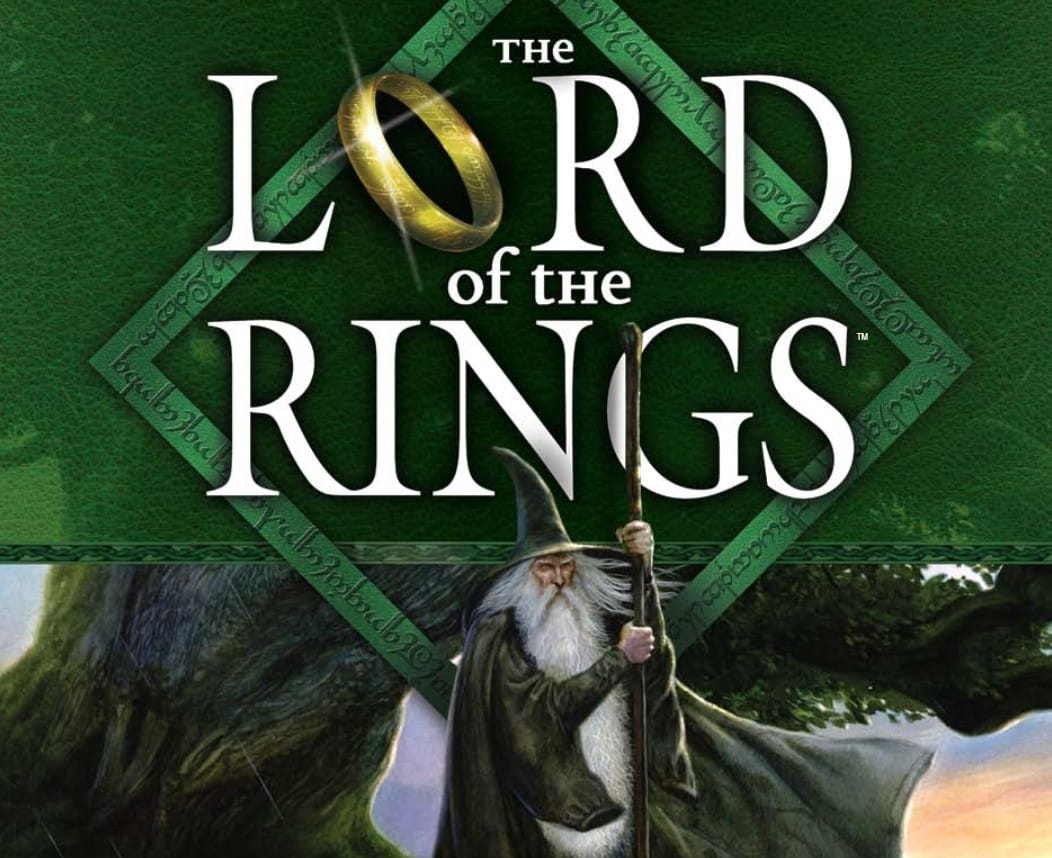
"If I want to do a Lord of the Rings game, as we did, the situation is different. We already need a publisher [...] then the publisher has an idea of when it should come out, the price range, the target group, how many players potentially. From a timing point of view can we have the pieces made in China?" Knizia broke down step by step how the original idea of a Lord of the Rings game has already spiraled into dozens of difficult decisions to make
"The design process is like a child, you don't know where you wander to and so it needs to have a realistic timeframe"
Before taking on any project Knizia highlighted the importance of the research that he does into the project. Some of the questions he will ask himself is "Does it gel with me?", "Can we do something with this?", "What would it roughly look like?". If the questions end up too vague it might not even happen but Knizia "would rather like to understand what he's committing to [...] to meet deadlines and deliver the end results."
Once he's agree'd to the project then it's a matter of "staying true to the original property." Expanding further on the Lord of the Rings game he designed his first step was to read the book, then he spoke with fans of the Lord of the Rings to learn what aspects of the books the fans most resonated with.
Once getting to the designing of the game further questions pop up including "What's the viewpoint of the game?" for the Lord of the Rings it was quite clearly the perspective of the Hobbits themselves. "Sam does not take a knife and ram it into the back of Frodo for the ring, we are all one fellowship and suddenly you see yourself in a situation saying "We need to have cooperative gameplay'"
Knizia also remarked that cooperative gameplay was not common at the time, he had spoken with the Jury for Games of the Year who believed you'd only be able to play it once and then it would be boring. He did add that he got an award for the best literature for that game.
"This is something that I really love. Challenges that force me to leave the trodden path. Innovation does not happen when you walk comfortably along the trodden path and Lord of the Rings is a game that really forced him to rethink."
Have a tip, or want to point out something we missed? Leave a Comment or e-mail us at tips@techraptor.net
